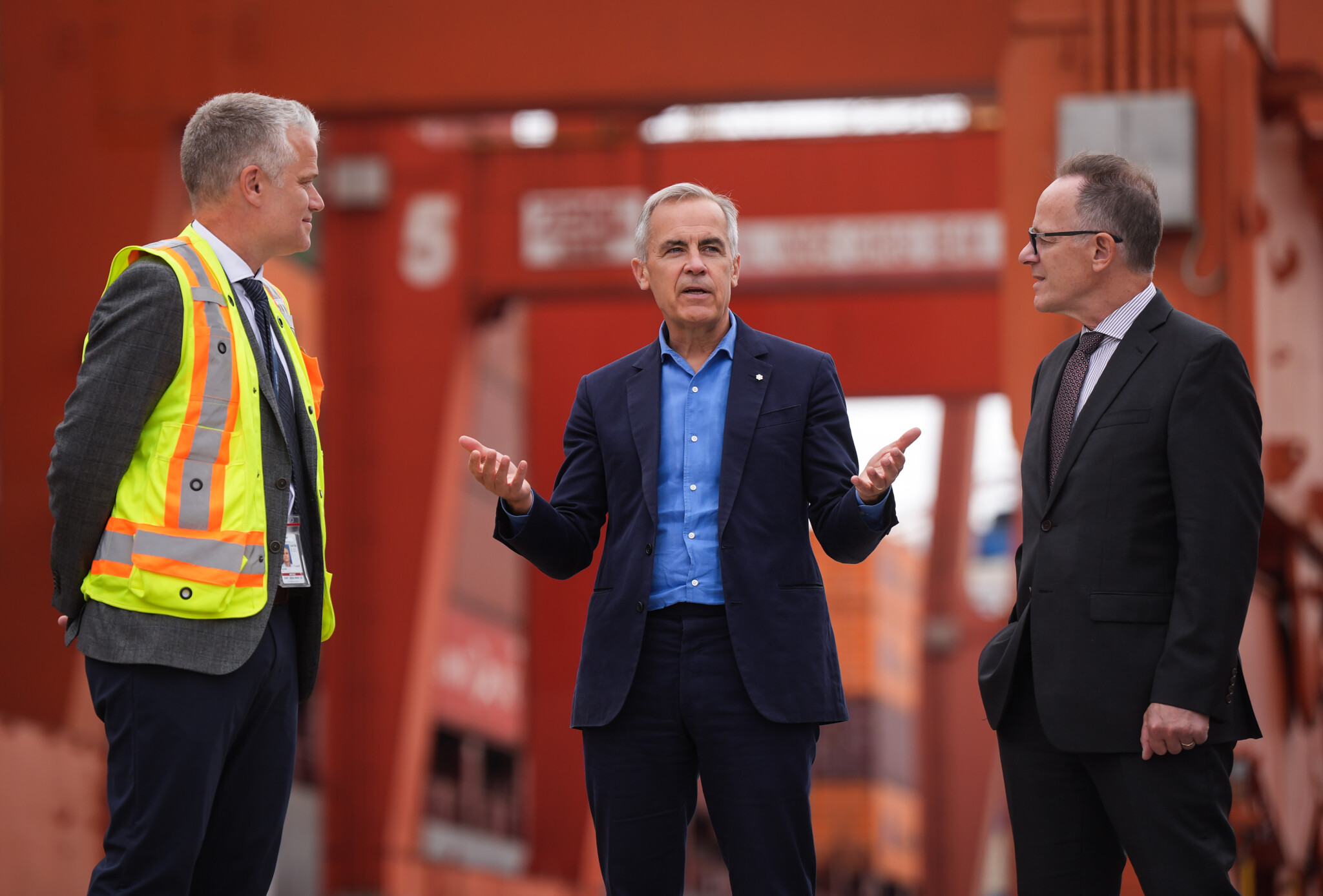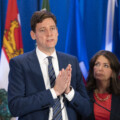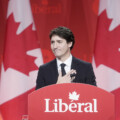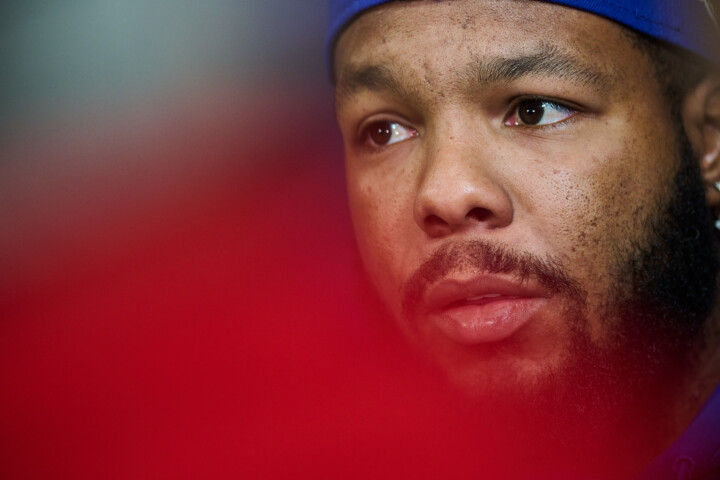Prime Minister Mark Carney’s honeymoon period may be shorter than expected as new polling data reveals growing concerns about employment security and a continued focus on affordability issues among Canadian voters. While the Liberal government maintains relatively stable approval ratings following Carney’s swearing-in, Abacus Data polling suggests the political landscape is becoming increasingly competitive as Conservatives are winning on most of the top issues.
The Hub’s publisher Rudyard Griffiths spoke with David Coletto, CEO of Abacus Data, to better understand how Canadian priorities are shifting and what this means for the political dynamics heading into the next parliamentary session.
Here are five key takeaways from the conversation:
- Cost of living remains the dominant concern for Canadians: Affordability issues are affecting nearly 86 percent of voters when housing costs are included.
- Employment security is emerging as a new anxiety: Canadians are worried about job losses and economic instability in an uncertain global environment.
- Climate change has failed to gain traction despite severe wildfires: It signals that material concerns continue to outweigh environmental priorities for most voters.
- The Carney government’s approval ratings are slowly declining: However, the polls remain in relatively good shape compared to the previous Trudeau government.
- The Temporary Foreign Worker program (TFWP) has become a wedge issue: Younger Canadians and Conservative supporters favour the TFWP’s elimination while older voters and Quebecers oppose changes.
Cost of living dominates voter priorities
Despite nearly a decade of Liberal governance, affordability concerns continue to top the list of Canadian priorities. Coletto notes that cost of living has been “at the top basically for the last five or six years, but it’s sort of intensified in the sense that it’s almost universal.”
When housing affordability is factored in, approximately 85-86 percent of Canadians mention some version of an affordability issue as a top concern. This persistent focus on economic pressures suggests that traditional Liberal messaging around social programs and climate action may be losing resonance with voters struggling to make ends meet.
The Conservatives (38 percent) have a 9 point lead over the Liberals (29 percent) for the best party to take on the rising cost of living per the latest Abacus poll.
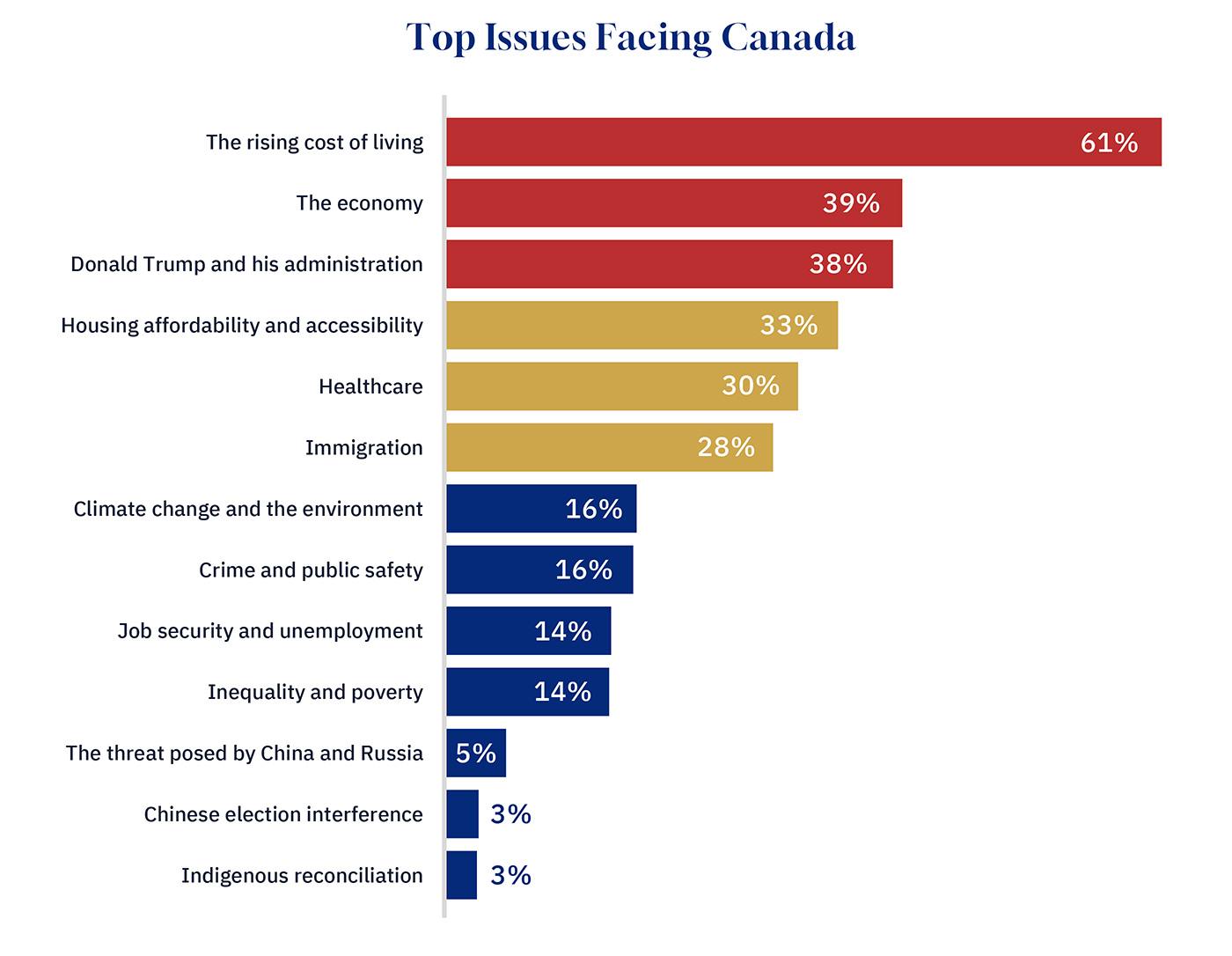
Source: Abacus Data.
Graphic Credit: Janice Nelson.
Employment anxiety rises as Trump concerns take a backseat
While concerns about Donald Trump’s return to the presidency initially dominated Canadian political discourse, Coletto observes that “the Trump focus is not gone… 38 percent still put it in their top three, but it’s dissipating.” Instead, employment security is becoming a more pressing concern as Canadians worry about potential job losses and economic instability.
“I think employment security is going to continue to become the thing that governments and political leaders across the spectrum are going to have to try to answer for,” Coletto explained. This shift reflects what he describes as a “scarcity mindset” that has evolved from affordability concerns to broader economic anxiety about job security and retirement savings.
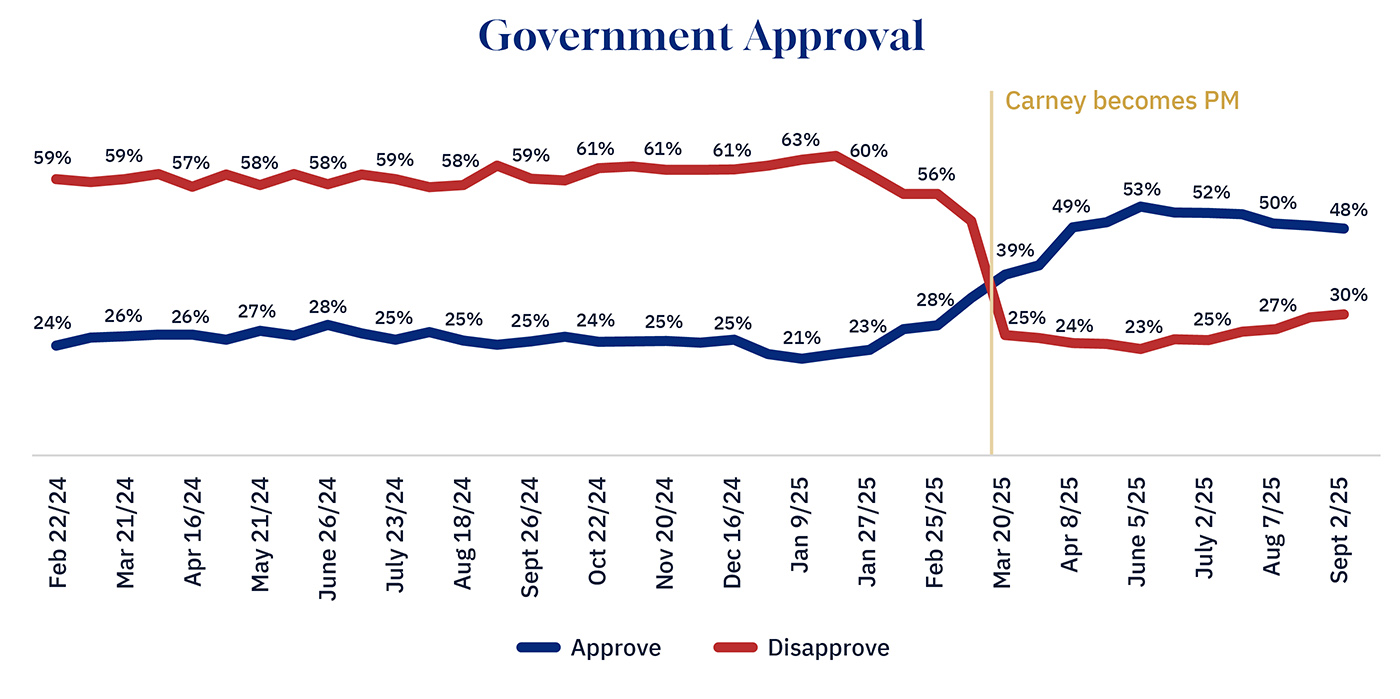
Source: Abacus Data.
Graphic Credit: Janice Nelson.
Carney’s honeymoon period shows signs of strain
While the Carney government’s approval ratings remain relatively stable, Coletto warns that recent trends are worrying if they continue, suggesting the initial boost from Carney replacing Trudeau may be wearing off.
“I think because of the environment we’re in and because this government isn’t all that new… we may see a quicker return to a kind of normal, which would be much more like a 50-50 split,” Coletto observed. Unlike Justin Trudeau’s honeymoon period, which lasted nearly a year and a half, Carney may face a more challenging political environment sooner.
The second most important issue according to Canadian respondents was the economy, in which the Conservatives hold a comfortable lead against the Liberals at 43 percent and 36 percent confidence respectively.
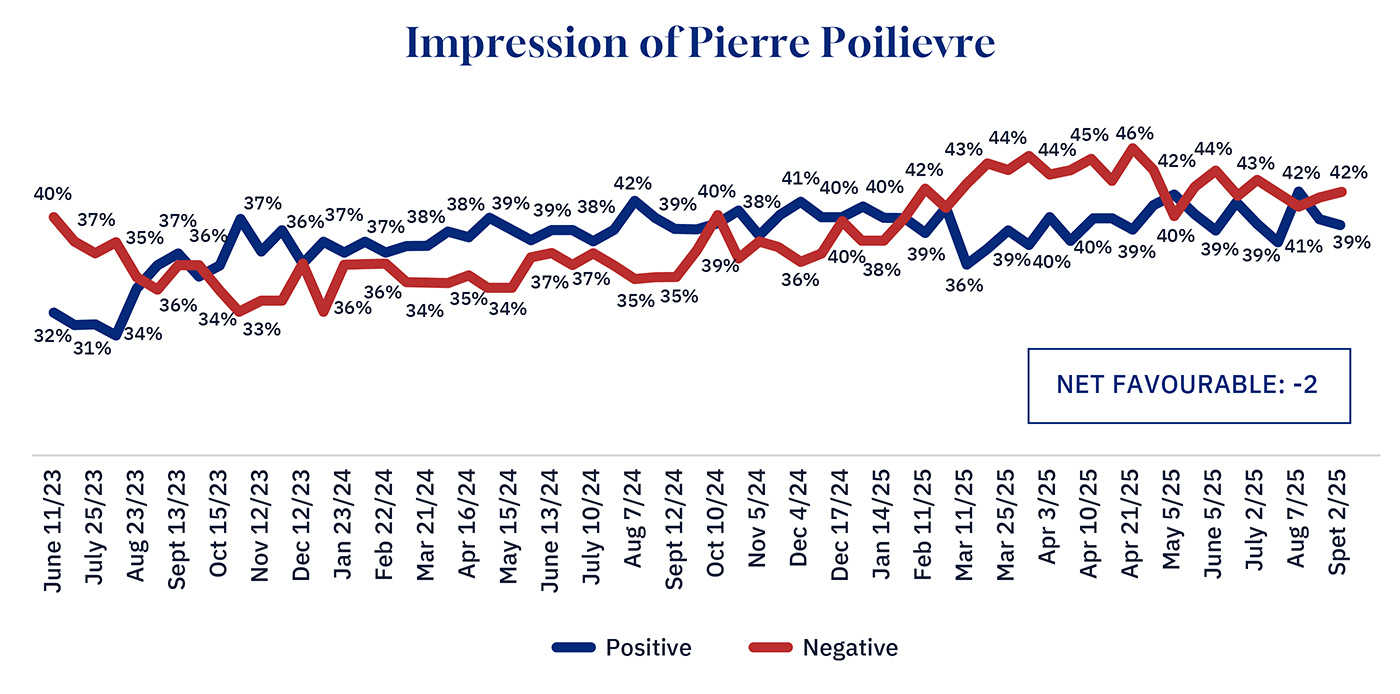
Source: Abacus Data.
Graphic Credit: Janice Nelson.
Climate action is failing to gain momentum despite wildfires
Perhaps most striking is the lack of movement on climate change as a priority, even after what Coletto describes as “the second-worst wildfires that we’ve seen” during the summer. The issue remains low on voters’ priority lists, reflecting what he calls “more materialist priorities.”
“It’s like, ‘I can’t worry about climate change if I can’t pay my rent or if I can’t feed my family, or if I’m worried about losing my job,’” Coletto noted. This dynamic has given the Carney government political space to pull back on some Trudeau-era climate policies, including the carbon tax and EV mandates, without significant public backlash.
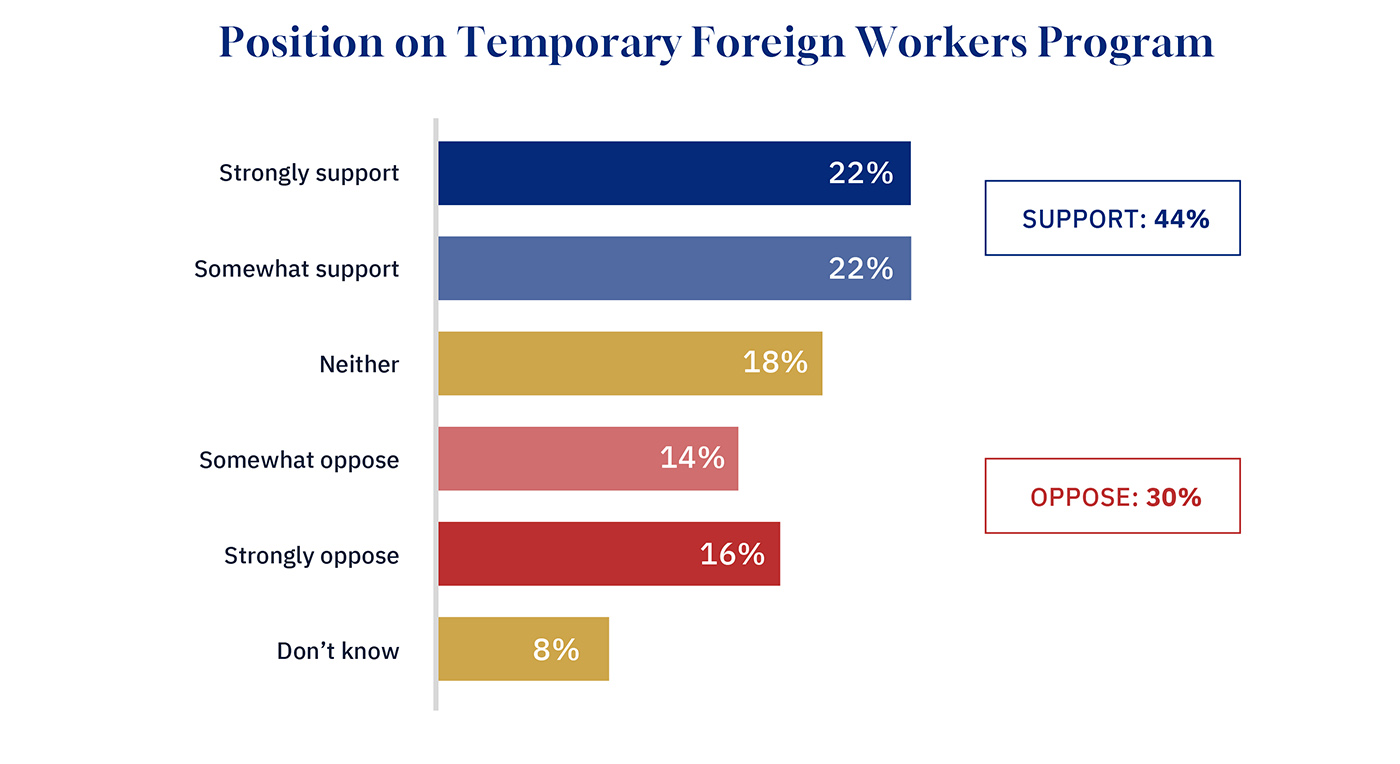
Source: Abacus Data.
Graphic Credit: Janice Nelson.
Temporary Foreign Worker Program is becoming a political flashpoint
The debate over the Temporary Foreign Worker Program has emerged as what Coletto calls “the quintessential wedge issue” because Conservative supporters remain united while Liberal supporters are split on the policy. Younger Canadians, who face the highest unemployment rates in years, are more likely to support eliminating the program.
“Almost all conservatives who have an opinion say this is a good idea, but liberal supporters are split,” Coletto explained. This creates a strategic opportunity for Conservative Leader Pierre Poilievre to maintain his base while potentially attracting disaffected Liberal voters, particularly younger men who have become part of his coalition.
Immigration is now a top-six issue on Canadian voters’ minds. A dominant 60 percent of Canadians polled believed the Conservatives are best to take on the immigration file, while the Liberals only instilled confidence in 18 percent of respondents.
The generational divide on this issue reflects broader concerns about job availability and economic opportunity, with younger voters increasingly skeptical of policies they perceive as limiting their employment prospects.
This commentary draws on a Hub podcast. It was edited using AI. Full program here.
